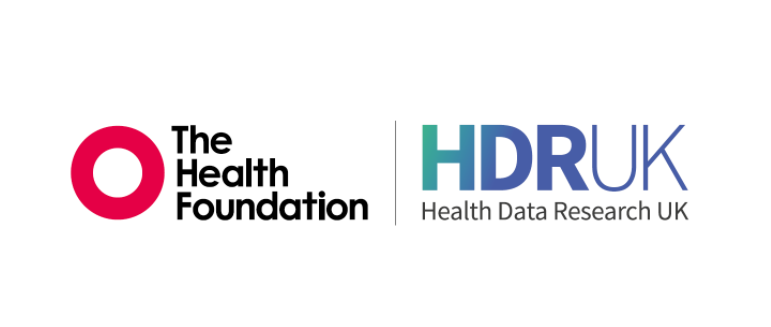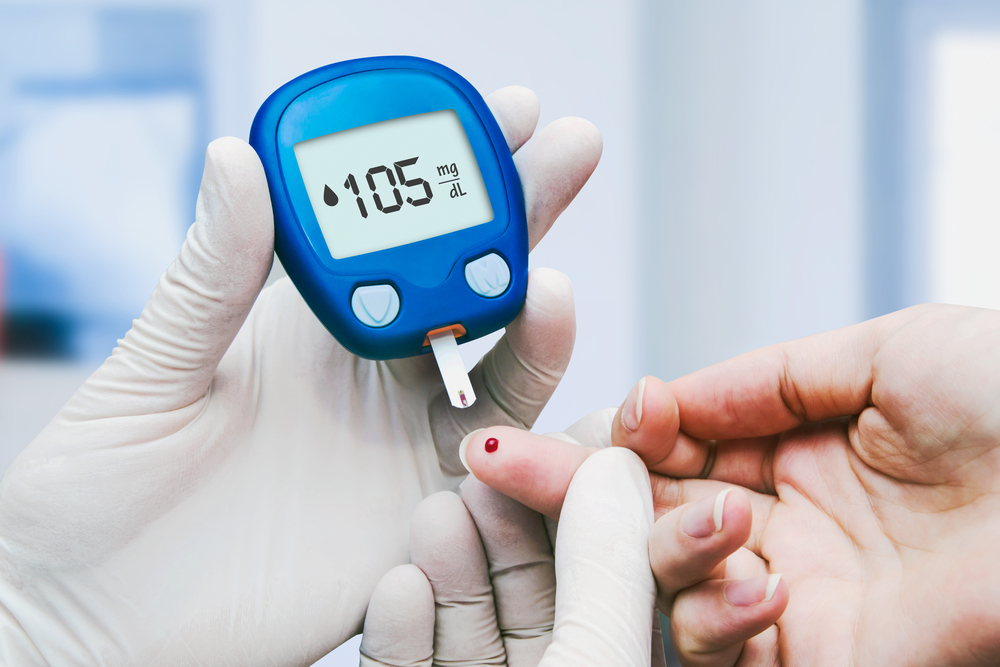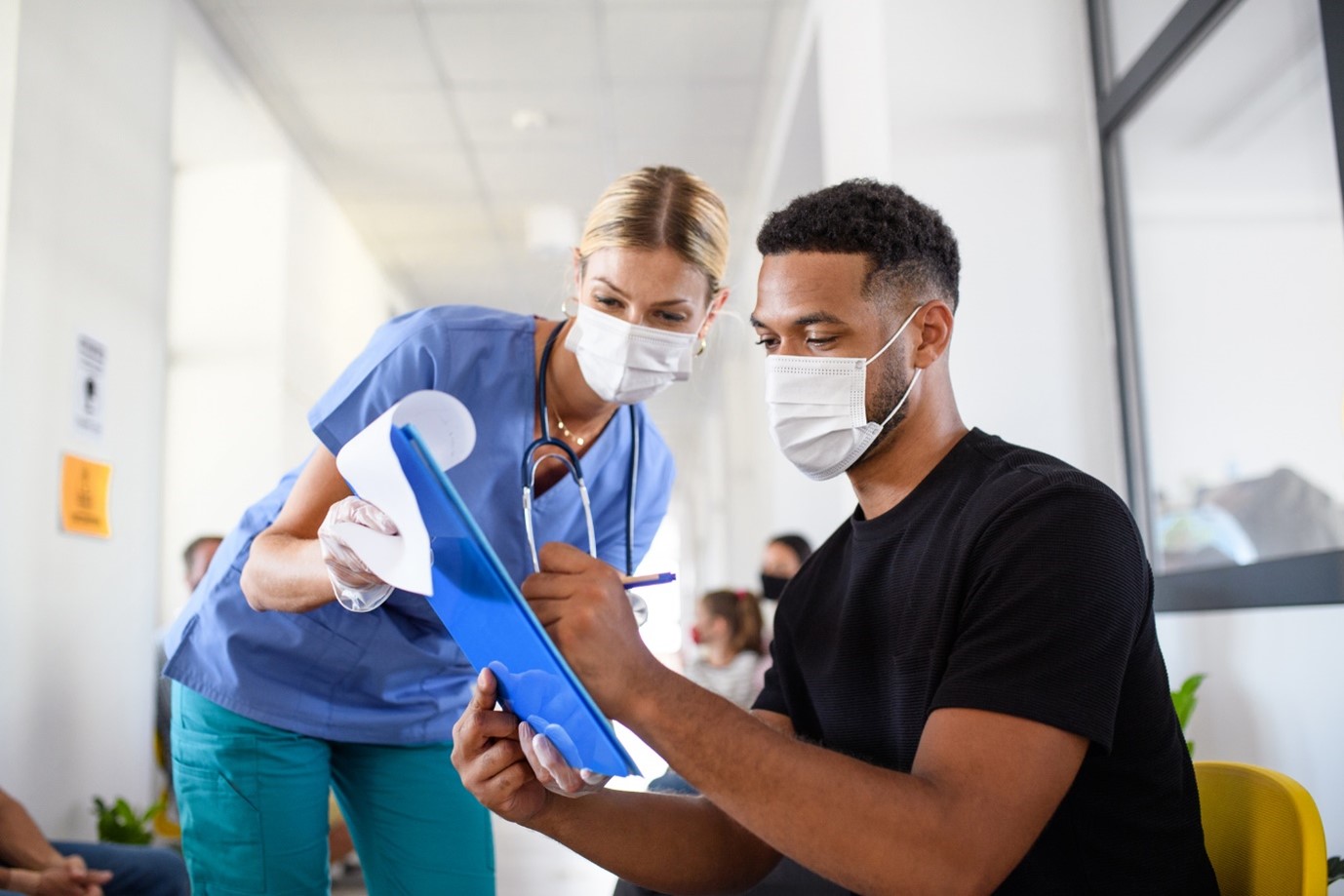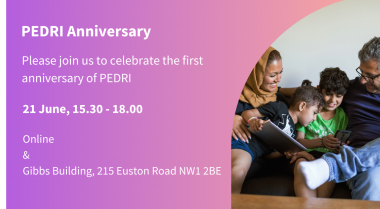Health Data Research UK Better Care programme completes three “Catalyst Projects”
24 June 2021
Innovative partnership with The Health Foundation delivers three projects that provide exemplar outputs for use of data-driven analytics in clinical practice.

- The Catalyst Projects validate the use of data at scale, such as artificial intelligence and patient datasets, to provide clinicians with new information that enables improved care
- Insights into Cystic Fibrosis and Diabetes have demonstrated strong potential to be developed and scaled across other clinical areas
- The projects all integrated best practice in involving patients in the research process and creating a trustworthy approach to use of health data
Three “Catalyst Projects” commissioned through an innovative partnership between HDR UK and The Health Foundation in May 2020 have been completed in 12 months, each integrating the use of largescale data and advanced analytics into clinical practice to demonstrate improvement. The success of the projects supports the mission of both organisations – uniting data to create a healthier population and improve people’s lives.
Adam Steventon, Director of Data Analytics at the Health Foundation, said:
“The Health Foundation is delighted to see the outputs of these projects, demonstrating real-world impact of using data-driven approaches in three crucial areas of healthcare. Working with HDR UK has validated the importance of a partnership approach to understand how we can best use data for health research.
Alice Turnbull, National Programme Director, Better Care, Health Data Research UK:
“It is incredible to see the depth of insights delivered by these projects in such a short timescale; especially given the substantial challenges of undertaking this work at the onset of and through the Covid-19 pandemic. Using our Better Care approach of continuous improvement, we look forward to sharing and building on these insights with both researchers and healthcare professionals in our community.”
To hear more about the Catalyst Projects, join the HDR UK Bi-Monthly Science Webinar on 6 July.
Register for the Bi-Monthly Science Webinar
To find out more about the Better Care Programme, please register for our next Insights Day on 1 July.
Register for the Insights Day
Summary of the three Better Care Catalyst Projects and their impacts:
RADAR (Risk Algorithms for Decision Support and Adverse Outcomes Reduction)
A project to reduce admissions to hospital and subsequent costly type 2 diabetes complications for people in North-West London by using computer-generated prediction tools, involving six organisations and coordinated by the North West London Health and Care Partnership. The project also builds on the infrastructure put in place by HDR UK’s data hub – Discover-NOW.
This project resulted in significantly improved prediction accuracy of artificial intelligence ( AI) models to provide calculated risk information which enables better-informed decisions around treatment and self-management for diabetes patients. These decisions can support improved quality of life, reduce morbidity and the healthcare burden through identification and treatment of high-risk individuals.
Patient feedback also showed a real appetite for the use of these type of tools and the desire for patients to engage more with their own data. Personalised risk profiling can be a driver for patient behaviour change impacting on short-term markers such as weight, glucose control, medication adherence, foot care and ultimately reducing complications risk factors.
Using diabetes as an exemplar, this project will provide the opportunity to use real-world data for the improvement of outcomes in patients with other long-term conditions.
PROJECT BREATHE – AI-driven improved clinical decision-making tools to manage a life-long chronic condition (Cystic Fibrosis)
This project was designed to test the use of a blue–tooth device in the home for patients with cystic fibrosis to generate frequent data monitoring to predict future flare ups of their condition. Five organisations were involved in this project, coordinated by Royal Papworth NHS Foundation Trust.
This project demonstrated the enormous value of empowering patients by providing the tools they need to understand and manage their conditions themselves. Whereas existing hospital structures provide a “one size fits all” for patients, in real-life patients need and want a tailored approach. Using simple, personalised, home-monitoring technology to provide this allows a reduction in the costly burden of requiring all patients to attend every clinic. For those that do need to and attend, they arrive better-informed.
Artificial intelligence analysis of the data found a “signature” that predicts a future flare up by about 11 days. The earlier identification of potential flare-ups and appropriate treatment may reduce adverse consequences for patients such as lung scarring, hospitalisation and two weeks of antibiotics dosed directly into the bloodstream.
The project has yielded some incredible comments from patients demonstrating the demand for and value of such tailored care:
“I can see when my lung function is good or bad and adjust my lifestyle accordingly. I can see what makes it better.”
“I have discovered my lung function is higher after going for shorter runs every day as opposed to fewer long runs.”
“[I now have a] better understanding of how my lung function varies. I’ve identified several triggers to avoid which make it worse.”
Uniting large scale patient data to develop an ‘Informatics Consult’ for doctors
There are major evidence gaps on the best treatment for patients with multimorbidity where the preferred treatment for one condition may be contraindicated for another. Whereas doctors ordering blood tests or MRI scans is standard, this project tested the first UK prototype of an ‘Informatics Consult’ platform where clinicians were able to order the analysis of large-scale data relevant to their particular treatment decision and return results within clinical timescales.
The project showed that this approach offers a novel method to generate new evidence to support treatment in areas such as lowering stroke risk. An independent sample of 34 clinicians from eight specialties indicated that 79% believed they should have access to the Informatics Consult as a service within their healthcare systems, allowing them to access evidence from sources including patient records of similar cases.
As a result of this project, there is the potential to build an on-demand system providing clinicians with this “overview” to augment decision-making – work is underway at UCLH NHS Foundation Trust to see if an automated process can be created and embedded within Electronic Health Records.





